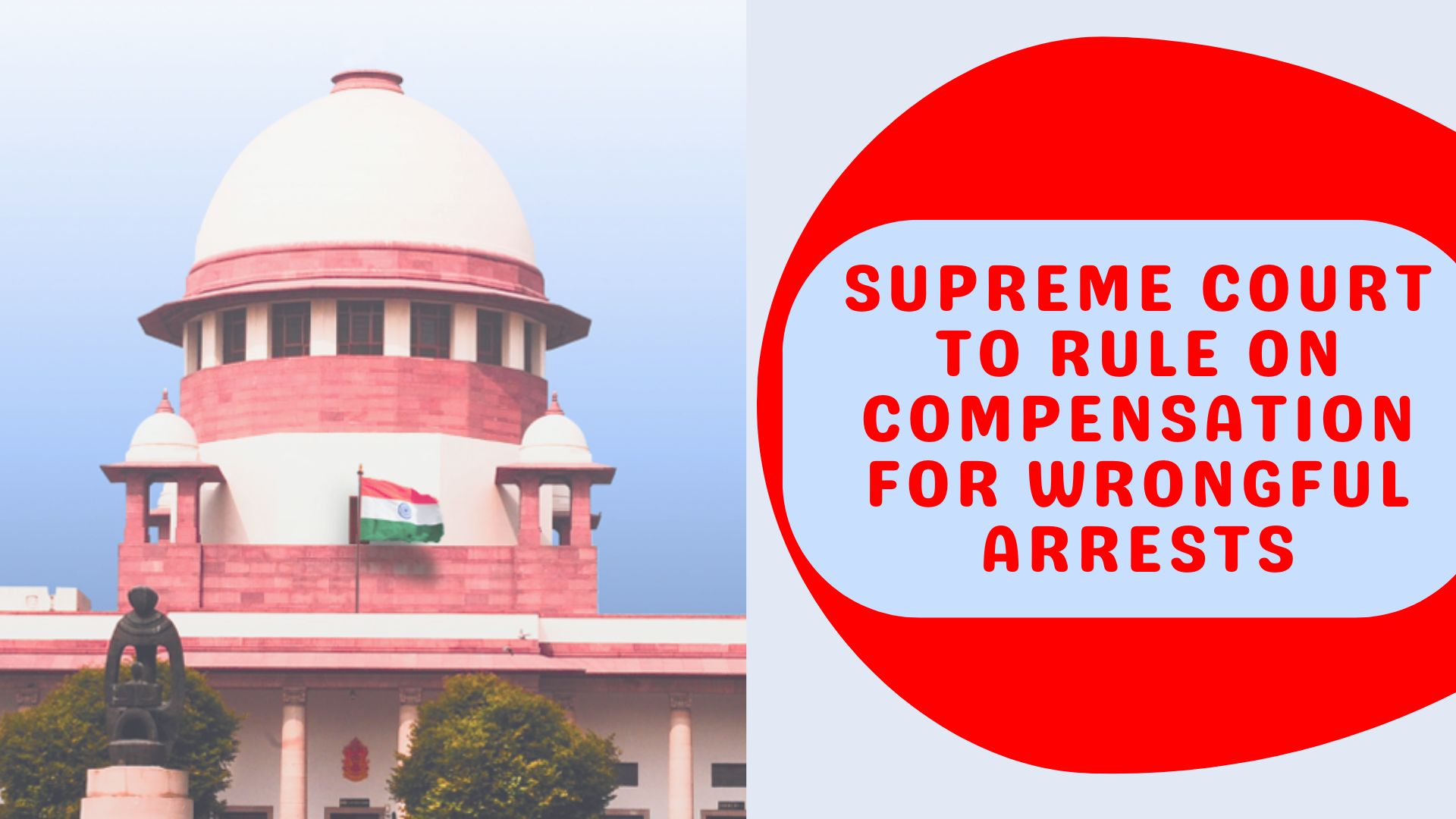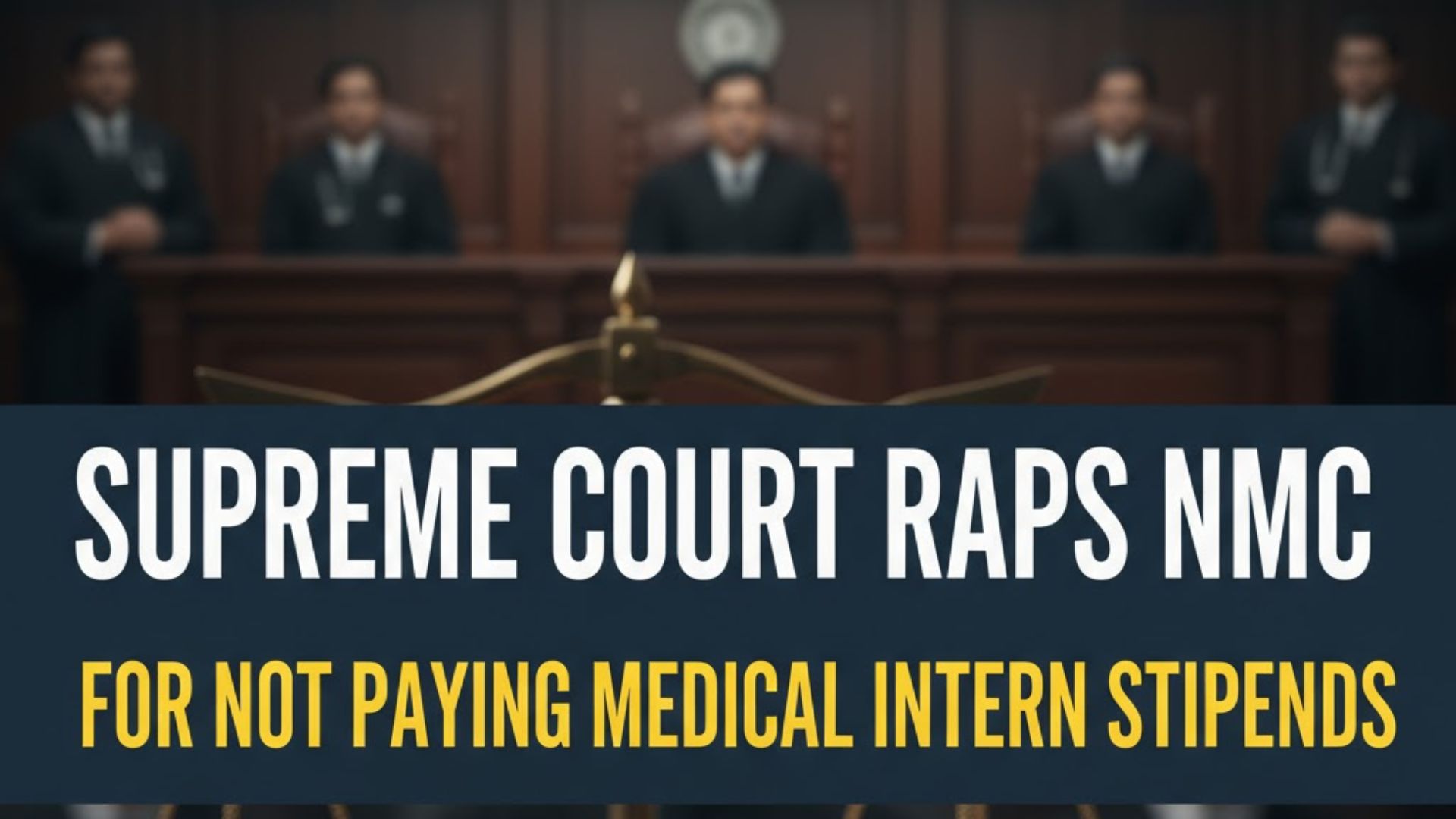@JUDGMENTTAG-ORDER
A.V. Srinivasa Reddy, J.@mdashThis revision u/s 115 of the CPC is preferred by the tenant against the order dated 13-11-2000 passed by the
learned District Judge, Mysore in Revision (Rent) No. 142 of 1994 setting aside the order dated 22-6-1994 passed by the learned I Munsiff,
Mysore dismissing the eviction petition filed by the landlord under Clause (h) of Section 21(1) of the Karnataka Rent Control Act, 1961 (''old
Act'' for short).
2. Heard the learned Counsels for both parties.
3. During the pendency of this revision the old Act was repealed u/s 70 of the Act, the Karnataka Rent Act, 1999 (''the Act'' for short). By virtue
of Clause (b) of Sub-section (2) of Section 70 of the Act, all pending proceedings have to be continued and disposed off by the Court in
accordance with the provisions of the Act.
4. For the sake of brevity and convenience the parties are referred to as ''landlord'' and ''tenant'' in the course of this order.
5. The landlord filed the petition for eviction under Clause (h) of Section 21(1) of the old Act claiming that his family consists of himself, his wife, 3
sons and one daughter and that the accommodation, now available with them is grossly insufficient to meet their requirement. The learned Munsiff
having disbelieved the claim of the landlord for self-occupation dismissed the eviction petition. The landlord took the matter in revision before the
Court below. The learned District Judge disagreed with the negative finding recorded by the Rent Control Court on the question of requirement of
the premises by the landlord for self-occupation and allowed the eviction petition. The tenant being aggrieved by the order of eviction has,
therefore, presented this revision u/s 115 of the Code of Civil Procedure.
6. The Court below found that there are as many as 9 adult members and several grandchildren who have to be accommodated and the
accommodation that is now available with him is insufficient for the whole family to live peacefully. The landlord had pleaded that he needs the
petition premises to accommodate one of his sons so that the misunderstanding and bike rings between the family members would come to an end.
The landlord has been living with his wife, three major sons and one daughter. One of the sons who was examined as P.W. 2 got married and he is
living with his wife in the petition premises. It has also come on record that he has several grandchildren. Though the landlord also pleaded want of
accommodation in the premises presently in his occupation, the principal need pleaded by the landlord for occupying the petition premises is that
there has been some misunderstanding amongst the womenfolk and, therefore, he requires the petition premises to accommodate his son P.W. 2.
The Court below has rightly pointed out in the course of its order that when the principal case pleaded was not only want of accommodation but
also want of proper understanding between the members of the family, the Rent Control Court could not have denied the relief to the landlord on
the ground that there is sufficient accommodation in the premises presently in occupation of the landlord. The need for occupation of another
premises could arise not merely because the present accommodation is insufficient but also because there is misunderstanding between the
members of the family and in order to buy peace some one has to move out and live separately. From the facts, it is quite clear that the landlord
has not only pleaded his case but has also spoken about it in detail in his evidence. In this fact situation, the Rent Control Court was at error in
dismissing the eviction petition solely on the ground that there is sufficient accommodation in the premises presently in the occupation of the
landlord. The order passed by the Court below setting aside the said order of dismissal requires no interference in this revision u/s 115 of the CPC.
7. The learned Counsel for the tenant cited the decisions in T. Sivasubramaniam and Others Vs. Kasinath Pujari and Others, and Ram Narain
Arora Vs. Asha Rani and Others, In T. Sivasubramaniam''s case, supra, the Apex Court held that a mere desire can never take the place of
requirement and a requirement in order to result in an order of eviction should have an element of ''must have'' to it. From the pleadings put forth by
the landlord and the evidence adduced in the case, it can never be said that the need pleaded by the landlord is a mere wish. In Ram Narain
Arora''s case, supra, the Apex Court has held that where the Rent Controller rejected the eviction petition for non-disclosure of a fact, interference
by the Revisional Court on the ground that such non-disclosure was not fatal to the case is justified. In the present case, the Revisional Court
interfered with the order of the Rent Control Court on the ground that the dismissal of the eviction petition on the ground of sufficiency of present
accommodation available to the landlord without considering the other ground of disharmony in family specifically pleaded as ground for seeking
eviction of the tenant, is bad in law. Applying the principle in Ram Narain Arora''s case, it must be held that such interference by the Revisional
Court cannot be termed as unjustified or uncalled for as non-consideration of one of the grounds amounts to failure to exercise jurisdiction vested
in the Court and the Revisional Court can interfere and set at naught any injustice arising from such failure to exercise jurisdiction. The Rent Control
Court had completely overlooked and eschewed from its consideration, the need pleaded by the landlord on the ground of the misunderstanding
between the members of the family and proceeded only on the basis of sufficiency or insufficiency of the present accommodation. When a landlord
sets up a case based on several grounds, even if he could succeed on one of the several grounds urged, it is the duty of the Court to grant the relief
on that ground. When more than one ground is urged for its consideration by pleading the basic fact the Rent Control Court was duty-bound to
consider all grounds. The Court cannot consider one and discard the other. The Court below has given proper reasons as to why the case put
forth by the landlord on the basis of the misunderstanding that exists in the family has to be accepted. This Court finds that the reasoning adopted is
fair and proper and requires no interference at all in exercise of the limited jurisdiction u/s 115 of the CPC. Viewed from this angle the Court below
was perfectly justified in interfering with the order passed by the Munsiff. Therefore, the principle cited in T. Sivasubramaniam''s case, supra, only
advances the case of the landlord and not that of the tenant.
8. As already stated, with effect from 31-12-2001, the Karnataka Rent Act, 1999 has come into effect and in terms of Section 27(2)(r) of the
Act, the landlord would be entitled to an order of eviction if the landlord establishes that he requires it for any person for whose benefit the
premises is held. It is not shown by the tenant that there is any suitable premises other than the petition premises was available to the landlord to
accommodate his son P.W. 2 and that he could be accommodated there. In the absence of any other suitable accommodation to accommodate
P.W. 2, for whose benefit the landlord is seeking the petition premises, Explanation I to Section 27 of the Act would come into play and a
presumption has to be drawn that the requirement pleaded is real and genuine. As a natural corollary of such legal presumption, it must be held that
the landlord is entitled to an order of eviction against the tenant.
9. In the result, for the reasons stated above, there is no merit in this revision and it is, accordingly, dismissed. The tenant is given three months''
time to quit and deliver vacant possession of the premises to the landlord.

